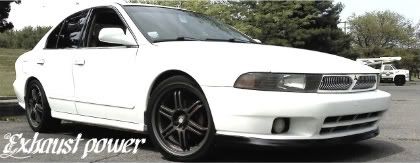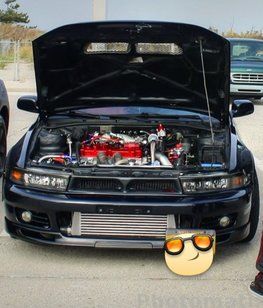To be more efficient the engine would need to utilize the fuel more efficiently wile doing less work.
Torque is what youll need to have at lower rpms so the engine will require less work to move.
A better flowing intake side will be more efficient like short ram, bigger TB, port match IM to the cylinder head.
For the exhaust side a better flowing exhaust would help example performance header, bigger cat and cat back.
In theory retarding the timing would most likely shift the torque to lower rpms which should help.
Tuning will be one of the biggest parts about being more efficent trying to obtain a perfect burn ratio 14:7 would be ideal.
This is just a little bit of info there's far more things to talk in theory about like aerodynamics , gear ratio , static weight, how to drive to save gas and suspension.
 Log in
Log in Register
Register



 Reply With Quote
Reply With Quote















Bookmarks